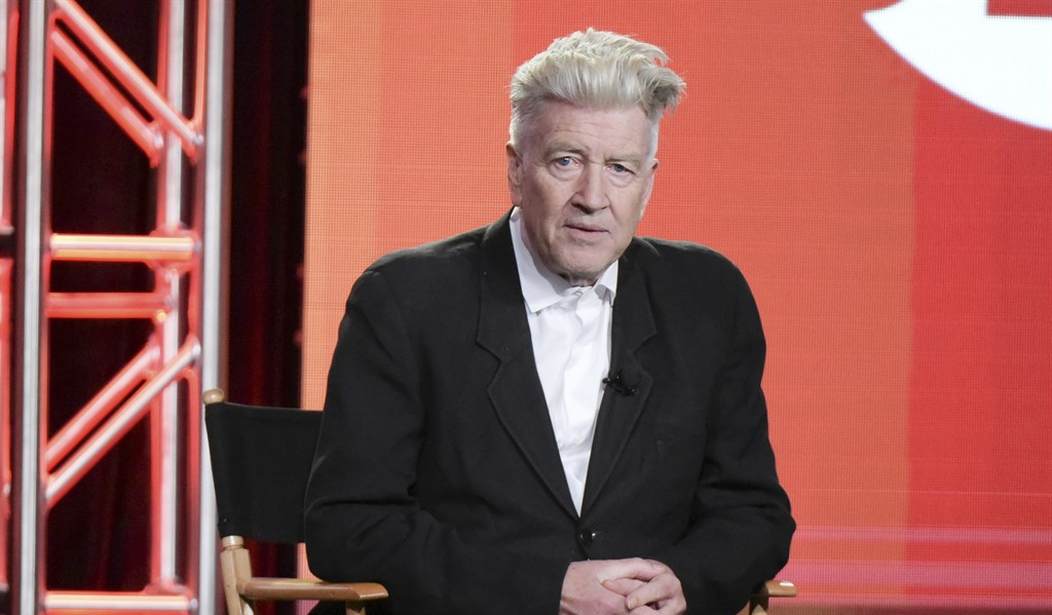Right now, we can all use more things in our lives that restore our faith in humanity and remind us that it doesn’t take anything special to be the best version of ourselves. I humbly suggest that you watch “The Elephant Man,” a classic David Lynch movie which I finally watched over the weekend.
At #4 for 1980 is The Elephant Man, the 2nd Top 7 film for David Lynch. It earned 8 Oscar nominations, including Best Picture, Best Director and Best Actor for John Hurt and prompted the Academy to create a new award for Best Makeup the next year. #DavidLynch #CenturyOfSevens pic.twitter.com/I1xmLd82dQ
— CenturyOfSevens (@CenturyOfSevens) January 11, 2021
Today, director David Lynch has a long string of credits. But long before “Twin Peaks,” before “Blue Velvet,” even before “Dune,” there was “The Elephant Man,” which was released in1980. In stark black and white, just as Roger Corman used in many of his films, the movie captivates and repels the audience in turn. But our attention is rewarded by small moments of revelation about what it really means to be human.
Now, I can almost hear some of you saying, “But, Becca, the movies and TV shows Lynch makes are too weird/violent/abstract/artsy.” Put those predjudices out of your mind right now. Up to now, my favorite movie from the maestro was “Wild At Heart,” which definitely has some sequences that could fall into several of those categories, with an appearance by Glenda the Good Witch from “The Wizard Of Oz” and some of the most twisted characters you’ll ever meet on the silver screen.
“The Elephant Man,” though, might knock that movie off the top spot. Its heart is beautiful, and it makes you fall in love with it by its simplicity. And it might be the most linear, straightforward plot of any movie Lynch has created.
There are essentially two main characters: the human “creature” dubbed “The Elephant Man” because of a congenital disorder that has deformed one arm and covered his body, including his head, with unsightly growths; and the doctor who feels called to rescue him from the inhumanity of other men. The specimen is further dehumanized by the need to cover his head in a cloth bag whenever he goes out in public. It’s as if Lynch made the movie for this time in America’s culture, you know? That’s the mark of a great film; it can speak to us about our current world, even when it was made at another time.
Most readers (and movie-goers) know actor Anthony Hopkins as Hannibal “The Cannibal” Lecter from “The Silence of the Lambs” (1991) and its lesser sequel, or in a less sinister but still ascerbic role as butler Mr. Stevens opposite Miss Kenton, the housekeeper played by Emma Thompson in the lush, historical drama, “The Remains of the Day” (1993).
Here, in a role that’s part Henry Higgins and part Dr. Frankenstein, Hopkins’ Dr. Treves is the perfect foil for Hurt’s “monster.” Except that’s the delightful, touching surprise of the film. He isn’t a monster at all. As Elephant Man John Merrick cries in his most famous line, “I am not an animal, I am a human being. I am a man!” And indeed John is. Ironically, he’s also more blessed than the mob of (able-bodied) ghouls who ridicule and abuse him for their own amusement, or the love of cold, hard cash. He understands that he can (and should) act as an individual.
Likewise, Treves isn’t trying to mold Merrick or make him into someone else. To paraphrase what the artist Michaelangelo said about scupture, it isn’t so much that he would make something out of stone but release the artwork that was already present within it.
The key to Merrick’s growth as a more well-rounded person is his faith in God, which has sustained him while he’s been trapped in a Victorian England carnival sideshow as just another curiosity to be gawked at. Though he asks so little out of life, simple courtesy and empathy from others, he has never gotten it. In fact, he’s been beaten and mistreated by those whom he should be able to trust. Yet, despite these indignities, with the innocence of a child, he holds onto hope that he will receive that love God promises in the Bible.
The movie convicts all of us as witnesses, asking what being “human” means. And it has an answer that wouldn’t please Marxists or their progressive brethren: What makes a person valuable to society is not at all the same thing that makes him or her human. Because, try as they might, those of that political persuasion can’t touch the human soul.
Here’s the final quote from the movie, over an image of Lynch directing Hopkins:
“Nothing will die. The stream flows, the wind blows, the cloud fleets, the heart beats. Nothing will die.”
10 days until David Lynch's 75th Birthday
The Elephant Man (1980)
"Nothing will die. The stream flows, the wind blows, the cloud fleets, the heart beats. Nothing will die." pic.twitter.com/D5HWMSCjAq
— Dr. Hawk (@choppingwoodpod) January 10, 2021
And an early happy birthday to the maestro.
Related:
The Loss of Sheldon Adelson Means More Than You Might Think
Final “Jeopardy” Airs With Alex Trebek Giving the Answers — Watch












